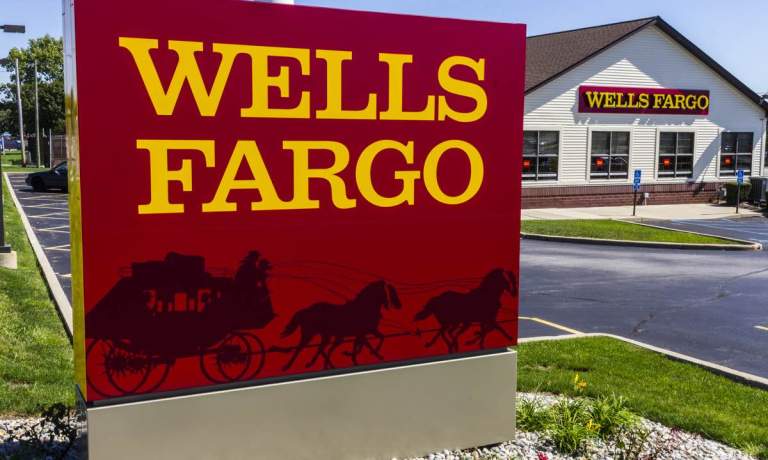Wells Fargo Opts To Stay In Private-Label Card Business

Wells Fargo has decided to keep its private-label credit card business after testing the market for a possible sale, Bloomberg reported.
The decision follows a series of moves by CEO Charles Scharf who, in a little more than a year on the job, already oversaw the sale of the bank’s $10 billion student loan book and indicated the company would likely shed its asset management, corporate trust and rail operations, Bloomberg reported.
Scharf is conducting a thorough review of all Wells Fargo’s businesses with the goal of simplifying the company, Bloomberg reported.
Retailers deploy private-label credit cards to sell high-cost items at locations such as boutiques, so the shuttering of stores due to pandemic restrictions has hurt the business for Wells Fargo, according to Bloomberg.
Wells Fargo has struggled — even after pushing to expand the private-label business — to rival the market share enjoyed by competitors, including Synchrony Financial, Citigroup and Capital One, PYMNTS reported.
Wells Fargo was among major banks whose fourth quarter earnings reports showed some indications that the sector was surviving the pandemic shutdown better than some observers had anticipated. Wells Fargo released $787 million from reserves, a move that adds to any bank’s net income but also is seen as a sign of management confidence in ongoing operations.
A major task for Scharf at the helm of Wells Fargo has been steering the storied institution away from a recent history marred by scandals that included creating deposit accounts and credit card accounts in the names of customers who had not granted permission and repossessing the cars of members of the military.